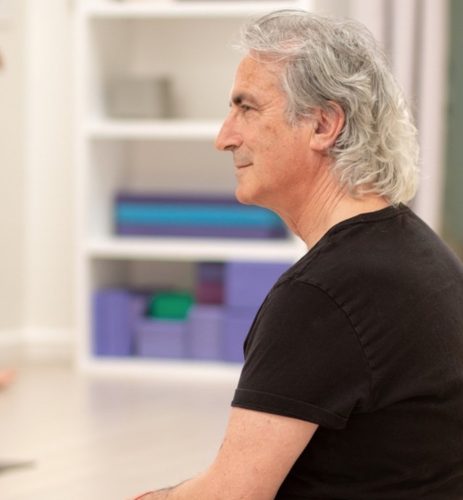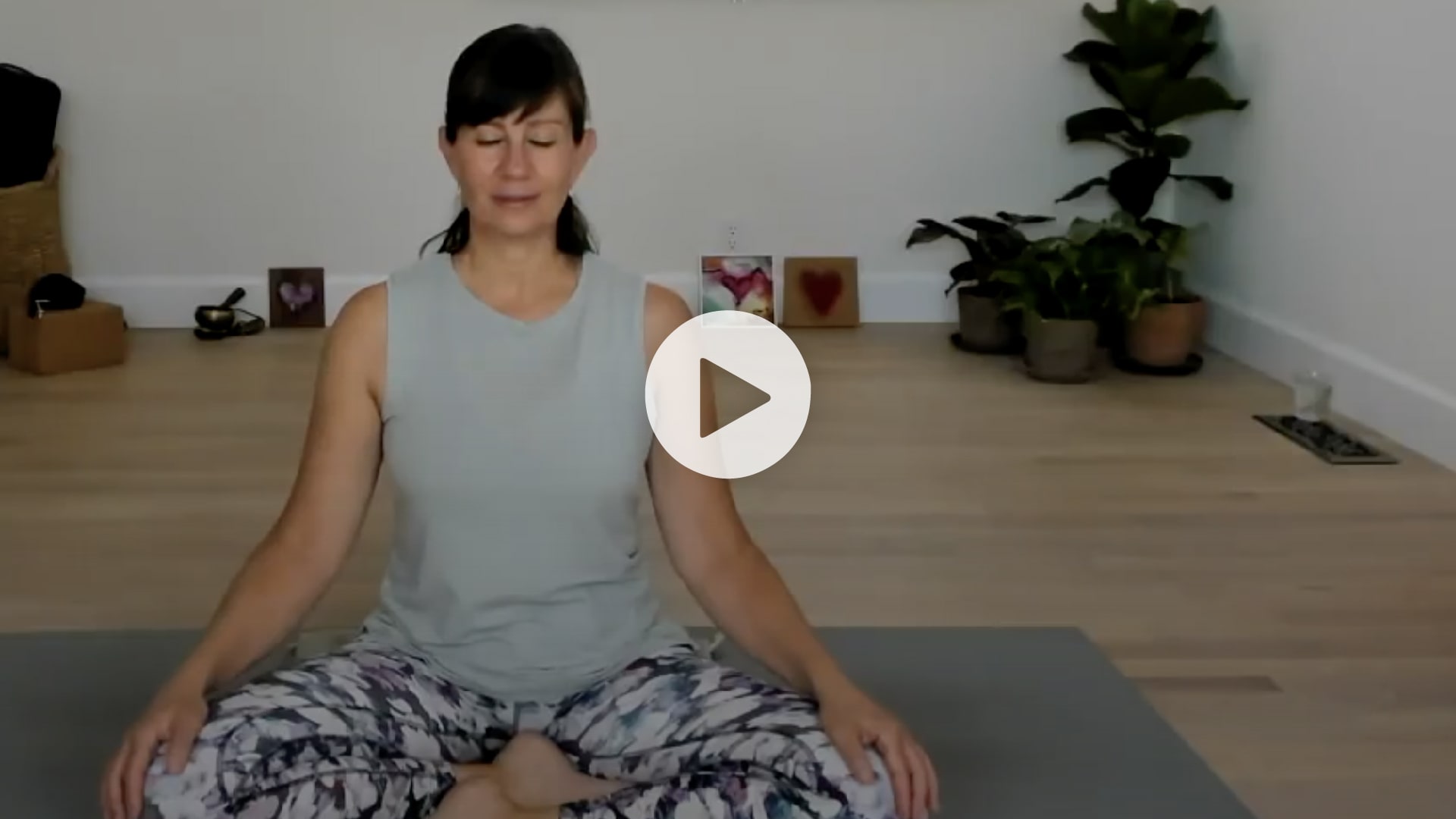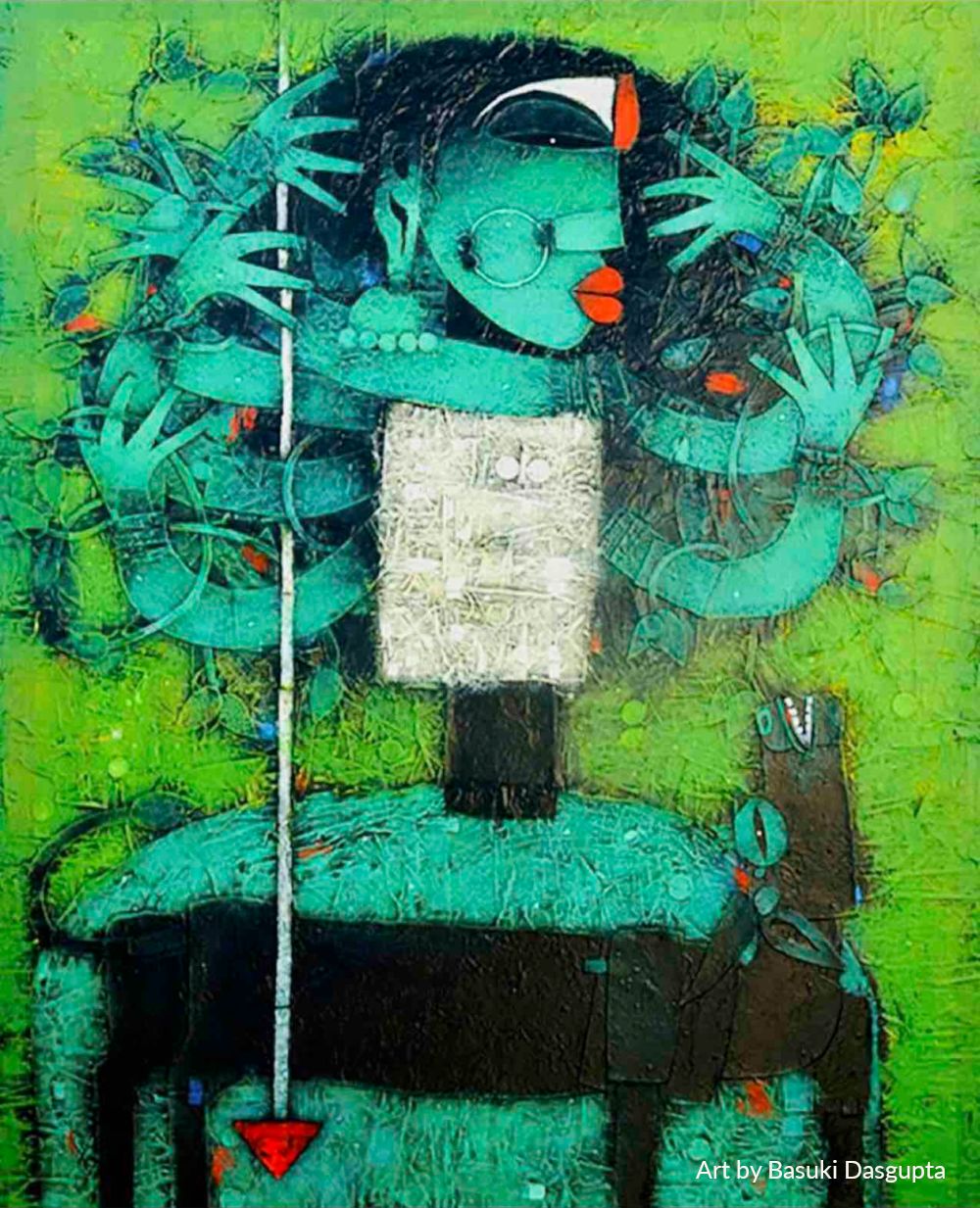The book I have on my desk is titled Yoga Asanas Simplified, written in 1928 by one of the 20th Century’s great (though mostly unrecognized) yoga pioneers, Shri Yogendra. Its cover is unremarkable, except for this odd note along the bottom edge: “Microfilmed & Preserved to be read after 6000 years.” What could this mean?
Well, be sure to circle May 25, 8113 on your calendar. You’ll definitely want to be on hand for the opening of the Crypt of Civilization, a “time capsule” (a swimming pool converted into a 20-by-10-foot room) in the basement of Phoebe Hearst Hall on the campus of Atlanta’s Oglethorpe University… if it’s still there. The Crypt was the brainchild of the university’s president in the 1930s, Dr. Thornwell Jacobs. A few years earlier, Dr. Jacobs – did his friends call him “Thorny”? – after seeing the Egyptian pyramids, realized what a bad job ancient civilizations did in preserving their records. So, as a favor to future historians and archeologists, he came up with the Crypt idea to preserve “memorials of the civilization which existed in the United States and the world at large during the first half of the twentieth century.”
Thomas Peters, an inventor and photographer, was appointed to supervise the Crypt’s construction and serve as its archivist. Why did Jacobs choose 8113 as the date to reopen the Crypt? When he began work in earnest on the Crypt in 1936, he calculated it was exactly 6177 years back to the first known date in history, 4241 BCE, which seems a tad optimistic. So, taking 1936 as the midpoint, and counting 6177 years into the future, he arrived at 8113.
Now consider: what would you put in this Crypt to memorialize civilization of the mid-20th century? Among many other things, Peters decided on audio recordings (of Franklin Roosevelt, Benito Mussolini, Popeye the Sailor, with his undeniable, yet, sage “I yam what I yam”), newsreels, a radio, electric light fixtures, games and toys (including plastic models of Donald Duck and the Lone Ranger), a typewriter, a cash register, an adding machine, some dental floss and dentures, various kinds of seeds, a container of beer (“This Bud’s for you”?), and, of course, books. Lots of books actually, over 800, on 640,000 pages of microfilm (and photographed by a camera he invented).
Shri Yogendra’s books were chosen by the Crypt’s advisory panel to represent mid-20th Century Yoga. For a while though, it didn’t look like it would happen. Yogendra didn’t receive Peters’ letter requesting copies of his books until late March 1940, and the Crypt was scheduled to be sealed in late May. There wasn’t much time, and considering one book was out of print – and no Bombay Press could be found to produce a copy on such short notice – and shipping books during wartime (the Second World War was raging in Europe, though we hadn’t yet joined the fray) from India to the US would be expensive and time-consuming.
But, in the end, it all worked out. Yogendra’s books arrived in the nick of time, were microfilmed, and are now waiting patiently in the Crypt, with only 6093 years before they see the light of day. And what simplified asanas will our descendants 61 centuries hence be practicing? Well, there’s Sukhasana, Talasana (which we call Tadasana), Konasana (Trikonasana), Utkatasana, Anterior-Posterior Chakrasana – a kind of up-and-down swinging exercise – Bhadrasana (our Baddha Konasana), Paschimottanasana, Dhanurasana, Ardha Matsyendrasana, Sarvangasana, and of course Savasana. Sound good? You don’t have to wait though, you can buy this book online from Yogendra’s Indian health clinic, The Yoga Institute. The Crypt was ceremoniously sealed on May 25, 1940. Posted on the stainless steel door is the following message:
We depend upon the laws of the county of DeKalb, the State of Georgia, and the government of the United States and their heirs, assigns, and successors, and upon the sense of sportsmanship of posterity for the continued preservation of this vault until the year 8113, at which time we direct that it shall be opened by authorities representing the above governmental agencies and the administration of Oglethorpe University. Until that time we beg of all persons that this door and the contents of the crypt within may remain inviolate.
To this, I say, Good luck!














